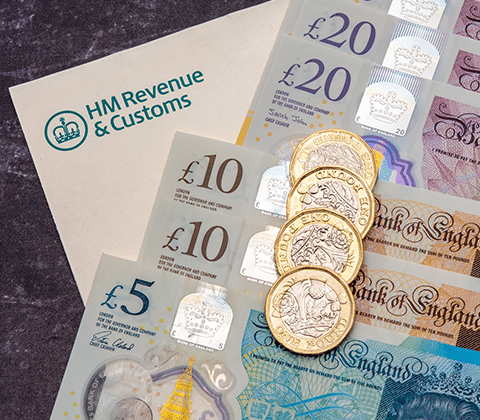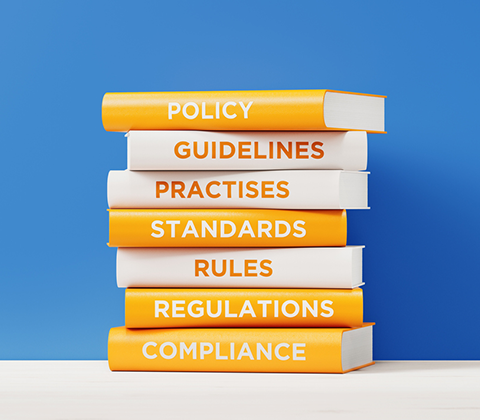Whether you are letting out a single room or a property portfolio, there are changes that will have some impact on how you manage your next set of tax returns. For that reason, we’ve decided to put together some information to help you prepare for the changes that took effect last week or that require prompt action.
What is a tax year?
Starting from the 6th of April each year and ending on the 5th of April the following year, a ‘tax year’ is the twelve-month period which is used to calculate an individual’s or businesses owed tax amounts. A new tax year also represents the renewal of various tax allowances.
What are the main changes for 2021/22?
The new tax year always brings changes for landlords but, after a difficult year for many, keeping up with various announcements can prove to be tough to do. However, the main things landlords will need to be aware of are as follows:
Capital gains tax allowance
2021 has continued to be a seller’s market and, as a result, some landlords have looked to capitalise on substantial increases in the value of property in some areas to raise money to invest elsewhere in their portfolio. The new tax year brings with it a new capital gains tax allowance, and while the rate of capital gains tax is subject to conversations at the governmental level at the moment, present levels for the disposal of residential property remain at 28% for higher rate and 18% for basic rate.
The new tax year will see no changes to the allowance either, with annual exemption remaining £12,300 for an individually owned property (rising to a pooled £24,600 for joint owned properties with a partner).
Making Tax Digital rules
It is the government’s stated ambition is to make the UK one of the more digitally advanced tax administrations. The ‘Making Tax Digital (MTD)’ programme is a core part of that, and makes fundamental changes to how the tax system works.
Landlords with property income above £10,000 annually will need to follow the new MTD rules for Income Tax from the start of their next accounting period after the 6th of April 2023, though
landlords can choose to get ahead of this change by using software to keep business records and send income tax updates to HMRC rather than filling in a self-assessment return.
Mortgage interest tax credit
Following the removal of mortgage interest tax relief in April of 2020, landlords will be looking to familiarise themselves with a new tax credit scheme for the first time this year. The tax credit is the equivalent of 20% of mortgage interest for the year. You can find out more about this 20% relief from Which which has compiled an extensive report on the details and impacts of the change.
Property income allowance
As with the capital gains tax allowance, the £1,000 allowance that landlords are permitted to receive before incurring tax is also renewed as of the 6th of April. Although the amount may not be life-changing, it is always worth ensuring that you are taking advantage of all of the available allowances when calculating your finances for the year – and this allowance also doubles for properties owned jointly with a partner.
Rent a Room scheme
For landlords that earn their money renting furnished accommodation on a long-term basis, the Rent a Room scheme allows untaxed earnings of up to £7,500. This allowance applies to resident landlords, and those running a bed and breakfast or guest house.
However, in this instance, if the income is shared with a partner or someone else, the allowance is halved to £3,750.
At Wirral Homes, we believe it’s our responsibility to ensure we’re up to date on any legislation that may impact our landlords or tenants – and it’s something we take very seriously. If you’d like to talk to us about how we can take the stress out of your property portfolio, or property search, Contact Us today.









